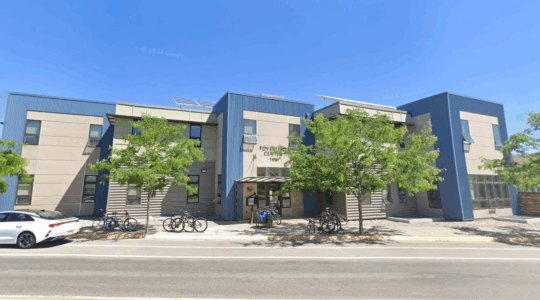NEW YORK, April 2 (JTA) The sponsor of a large-scale study of American Jews may have to significantly reduce the total number of “core Jews” interviewed, due to difficulty finding enough willing subjects.
Unless United Jewish Communities is able to raise $600,000 for a massive phone campaign in the next few weeks, the National Jewish Population Survey 2000 may be based on only the 3,100 interviews it has conducted since August 2000 not the 4,500 originally envisioned a drop of 31 percent.
Researchers also are interviewing approximately 500 people who have Jewish roots but no longer identify themselves as Jewish.
Though less grand than the original plan, the sample of 3,100 is still a thousand more people than were interviewed for the 1990 version of the study, and triple the sample size of many Gallup polls.
UJC officials and researchers insist that the $5 million study will be useful even if it is limited to the 3,100 core Jews who already have responded.
However, researchers say the smaller sample size will make it harder to study sub-populations within the Jewish community, such as college students, the elderly or those living in rural areas.
Based on 40-minute telephone interviews with Jews across the country, the National Jewish Population Survey 2000 is an effort to get a broad snapshot of American Jews. It seeks information ranging from intermarriage rates to philanthropic habits to religious attitudes and observance.
Results of the study will be released this fall and are expected to influence funding and policy decisions of Jewish organizations for the next decade.
Even before interviews began last August, researchers worried that it would be difficult to find enough Jews willing to be interviewed.
The difficulties stemmed from the wide dispersion of Jews throughout the country, the fact that Jews represent a small percentage of the overall American population and a widespread fatigue with telemarketers and telephone pollsters.
In December, UJC officials told JTA they were behind schedule and that the “slamdown rate” had been higher than anticipated even after they began offering interviewees $25.
For every successfully completed interview, 1,500 households were dialed, said Ira Sheskin, a University of Miami geography professor who is a member of a committee of researchers assisting with the study.
JTA has documented Jewish history in real-time for over a century. Keep our journalism strong by joining us in supporting independent, award-winning reporting.





